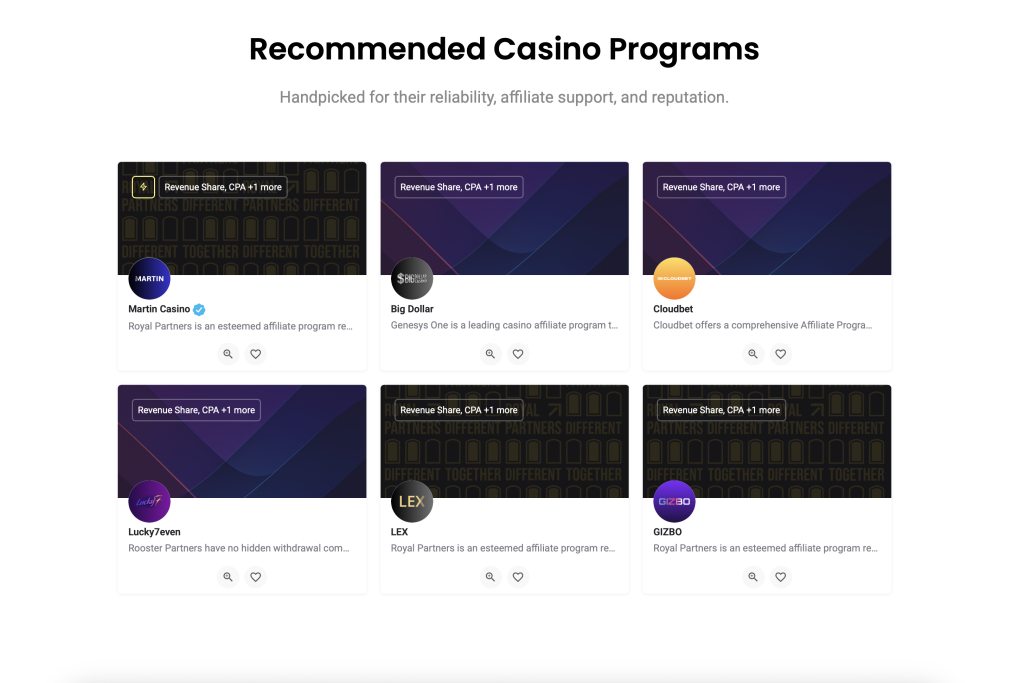Guiding the Gamble: Responsible Gaming in the Digital Realm

The allure of online gambling has grown exponentially in the digital age, bringing entertainment directly into players’ homes and mobile devices. However, with this convenience comes the increased responsibility of ensuring that players engage safely. Promoting responsible gambling is not just an ethical obligation but also paramount to maintaining the industry’s credibility. Here, we delve into the best practices for fostering responsible gambling in today’s digital landscape.
1. Educate Players:
- Understanding Risks: Platforms should offer resources that help players understand the risks associated with gambling. This could be in the form of articles, videos, or interactive modules.
- Recognizing Problematic Behavior: Highlight signs of gambling addiction, so players can self-identify potentially harmful patterns and seek help if needed.
2. Implement Strict Age Verification:
Online platforms should have rigorous age verification processes to ensure minors cannot access gambling content. Advanced software can cross-reference personal details with databases to ensure accuracy.
3. Set Limits:
- Deposit Limits: Allow players to set a maximum amount they can deposit within a specific period.
- Loss Limits: Enable players to define a loss threshold, post which they can’t place further bets.
- Betting Limits: Players can restrict the maximum bet amount to avoid high-stakes gambles.
- Time Limits: Introduce session timers to remind players to take breaks and limit prolonged gaming.
4. Self-Exclusion Tools:
Provide options for players to take a break or exclude themselves from playing for specified periods, ranging from 24 hours to several months. This helps players regain control if they feel they’re spending too much time or money on gaming.
5. Reality Checks:
Pop-up reminders can inform players about the duration of their play, money spent, and potential losses. These periodic reality checks can help players make more informed decisions.
6. Transparent Terms and Conditions:
Ensure that all terms, conditions, and rules are clear, concise, and easily accessible. Players should never feel deceived or unclear about any gaming aspect.
7. Promote External Support:
Platforms should actively promote external organizations specializing in gambling addiction support, ensuring that players have avenues to seek professional help.
8. Train Support Staff:
Customer support teams should be trained to recognize signs of problematic gambling and provide immediate assistance or resources. Their empathetic approach can be a first line of defense in assisting players in need.
9. Monitor Player Behavior:
Use advanced analytics to monitor player behavior. Look for signs of excessive deposits, long continuous sessions, or other patterns that might indicate problematic behavior.
10. Avoid Overselling:
Marketing should be ethical. Avoid aggressive advertising techniques that might encourage excessive gambling or prey on vulnerabilities.
11. User-friendly Interface:
The platform’s user interface should facilitate responsible gambling tools. Features like setting limits or accessing self-exclusion should be straightforward and not buried deep within menus.
12. Regularly Update Responsible Gambling Policies:
The digital realm is ever-evolving, and so are user behaviors. Regularly review and update responsible gambling policies to reflect current trends and challenges.
13. Encourage Balance:
Promote messages that encourage players to balance gambling with other recreational activities. Reminders about spending time with family or enjoying other hobbies can help maintain a healthy balance.
14. Ensure Data Privacy:
Protecting players’ personal and financial data is a significant aspect of responsible gambling. Secure platforms and transparent data policies can reassure players about their safety.
15. Feedback Channels:
Allow players to provide feedback on the platform’s responsible gambling tools. Their insights can help in refining and introducing more effective measures.
16. Collaborate with Regulators:
Actively collaborate with gambling regulators to stay updated on best practices and ensure compliance with all guidelines and laws.
Responsible gambling in the digital age is a collaborative effort, requiring engagement from platform operators, regulators, and players themselves. The ultimate goal is to ensure that online gambling remains a source of entertainment, not stress or financial strain.
As technology continues to evolve, the strategies and tools to promote responsible gambling will also need to adapt. But at the core of every initiative should be the well-being of the player. By prioritizing their mental, emotional, and financial health, the iGaming industry can thrive sustainably in the digital realm, ensuring that players always have a safe space to enjoy their favorite games.
Comments
You must be logged in to leave a review.


